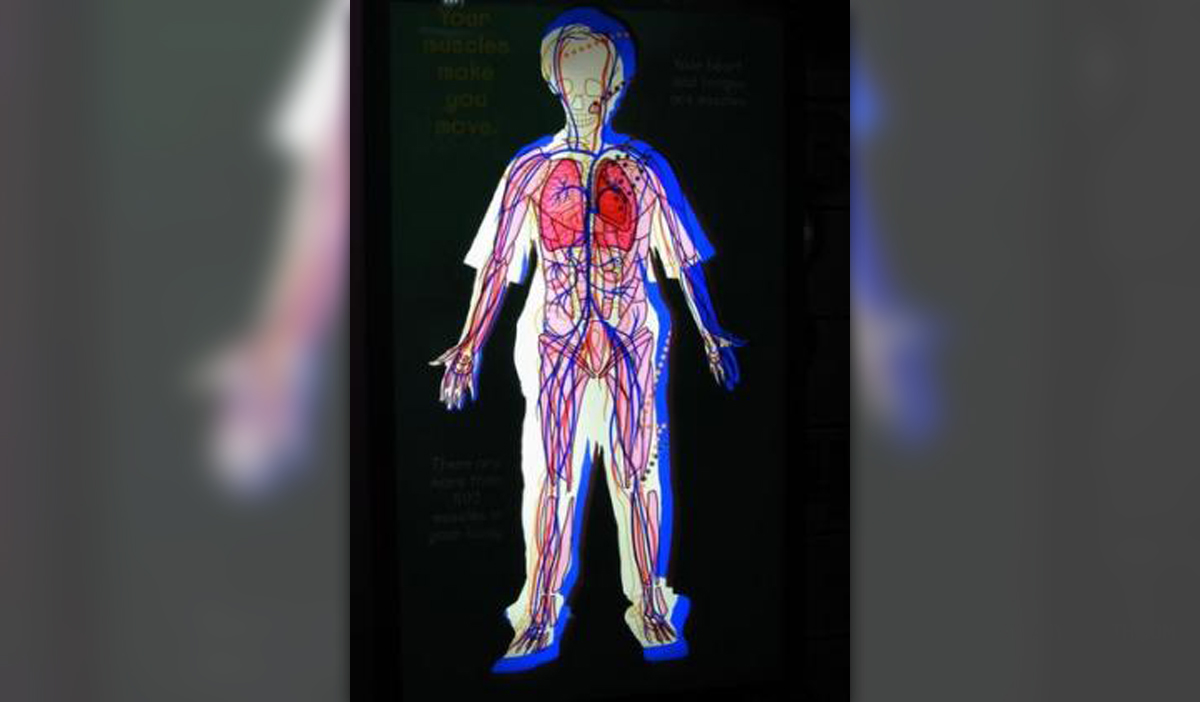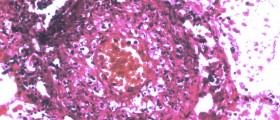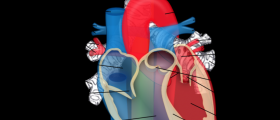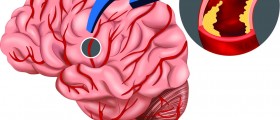
Circulatory system
One of the most important systems in the human body is circulatory system. It is also called cardiovascular system and it includes heart, blood vessels and blood. It is crucially important to maintain the circulatory system healthy because the main role of this system is to supply oxygen and nutrients to the cells and tissues in the body. The heart is an organ that has the role of a pump. It pumps the blood with nutrient and oxygen, which travels through the blood vessels throughout the whole body. The blood is a type of fluid that is made of the red and white blood cells, as well as of platelets and blood plasma. In the entire human body, there is a network of blood vessels, and this network is made of veins, arteries, arterioles, and capillaries.
Problems and diseases of the circulatory system
Congenital circulatory problems are present at birth, while acquired circulatory system problems are developed after birth. The most common disorders of the circulatory system are aortic aneurysm, angina, arrhythmia and atherosclerosis, as well as hypertension and peripheral vascular disease.
The largest artery in the human body is aorta. When a bulging appears in the wall of the aorta, it is called aortic aneurysm. This condition is caused by the tear or defect in the wall of the aorta. It is very serious when it comes to the rupture of the bulging, because it can cause excessive bleeding and hemorrhage.When the blood vessels that carry the blood to the heart are blocked, the severe pain is caused in the chest and it is called angina.When the heart beats in the irregular rhythm, it is called arrhythmia. It is marked by the altering of slow and fast heartbeats. This condition may be congenital, or acquired circulatory system problem.Atherosclerosis is a medical term for the condition marked by the hardening of the arterial wall because of the plague or atheroma. Cholesterol, calcium and fatty deposits usually form the plaque. When this condition occurs, the blood flow can be even completely blocked.Hypertension or high blood pressure is a condition when the systolic and diastolic blood pressures are at higher levels than it is normal. The normal blood pressure is 120/80 mm Hg, while the high blood pressure is considered to be the values above 140/90 mm Hg.Peripheral vascular disease occurs in the blood vessels that are not a part of the brain and the heart.
















Your thoughts on this
Loading...